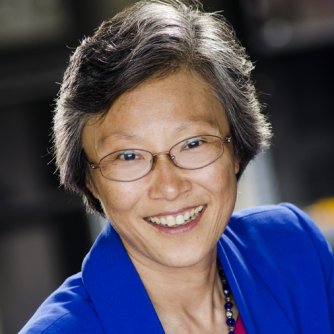Distinguished conductors. Early music giants. Notable composers. Great performers. Notable Coloradans. Here are a few of the venerable classical musicians we said goodbye to this year.
Claudio Abbado
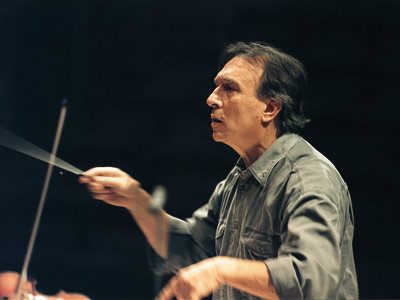
“One day, I will conduct.” Claudio Abbado was 8 when he wrote that in his diary. He went on to fulfill his dream in a storied career lasting more than 40 years, leading some of the world’s greatest musical institutions including La Scala and the Berlin Philharmonic and making countless memorable recordings.
Abbado was known for his quiet, undemonstrative manner; respectful treatment of his musicians; and modesty on the podium. He once admitted, “it still embarrasses me to take bows. I’m not a showman.” Abbado, 80, died after an extended illness.
Lorin Maazel
A child prodigy, Lorin Maazel began conducting at age 9. He went on to a brilliant 75-year musical career including positions at the helm of the Vienna State Opera, the Vienna Philharmonic, and the New York Philharmonic.
The American conductor was famed as a formidable technician with a keen, incisive mind for extreme detail. The Washington Post best summed up the news of his appointment to New York Philharmonic in 2001: “With Maazel you could almost say you don’t see the trees for the lichen on the bark sometimes.”
Lorin Maazel alleged that great leadership could be boiled down to just two basics: “Conductors are there to conduct not to make speeches. And they are there to give a beat everybody can understand.” He was 84.
Christopher Hogwood
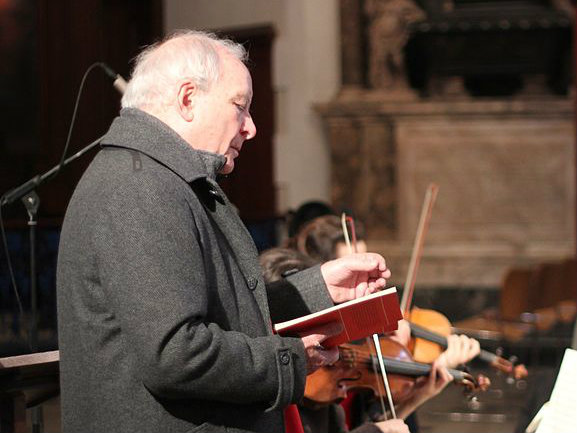
English conductor and harpsichordist Christopher Hogwood, formed the Academy of Ancient Music in 1973. He called it a “refugee operation for ... players of period instruments who wanted to escape conductors and also grow into something bigger than a chamber group.”
The Academy went on to become one of the world’s great orchestras. Hogwood made more than 200 recordings with the the ensemble. Hogwood was best known as one of the great champions of the early music movement -- historically informed performance. Christopher Hogwood was also an emiment early music scholar and author. He was 73.
Frans Brueggen
Like Christopher Hogwood, musicologist and conductor Frans Brueggen, 79, was also one of the great champions of the early music movement. The Dutch recorder virtuoso began his career as a soloist and a chamber musician.
In the early 1980s, Brueggen co-founded the Orchestra of the Eighteenth Century. He stayed with this high-profile period instrument ensemble until the end of his life. Bruggen continued to conduct in later years even as his health deteriorated. He never considered retirement. He said he planned to conduct “until I fall dead like all conductors.”
Other notable musicians
Raphael Fruhbeck de Burgos, 80, was the pre-eminent Spanish conductor of the day with a special knack for coaxing wonderful colors and textures out of any music he touched. His Spanish repertory in particular was unparalleled.
The music world also said goodbye to the emiment choral conductor Paul Salmunovich, 86. He led the Los Angeles Chorale for 10 years. The ensemble rose to international prominence under his steady hand.
Acclaimed pops arranger and conductor Richard Hayman, 93, died in February. “Next to Arthur Fiedler, Hayman, through his arrangements, has made the largest single contribution to the success of the Pops,’’ former Boston Pops conductor John Williams observed.
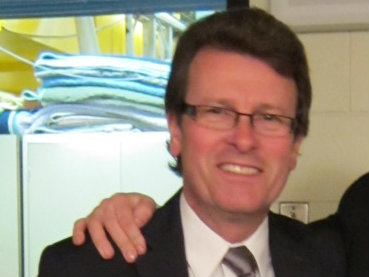
Stephen Paulus, 65, was a prolific composer whose greatest creativity centered on the human voice. He wrote more than 500 works and made a living solely by composing classical music. Paulus adopted a journeyman’s mindset to what he did: “You work at it every day, the same way a lawyer would work at a job every day or a physician or a carpenter…..the more you work at it, the better you get.”
Peter Sculthorpe, 85, starting writing music in secret at age 7. He went on to become Australia’s greatest contemporary composer. Sculthorpe was the first to capture the mood of the Outback with evocations of Australian birds, animals or scenery. Sir Peter pioneered the use of Aboriginal melodies in the concert hall and even incorporated the didgeridoo.
The legendary Ray Still, 94, was famed as one of the finest and longest-tenured orchestral oboists of all time. He spent 40 years in the Chicago Symphony Orchestra, with all but one of those years as Principal.
English bass-baritone John Shirley Quirk, 82, made more than 100 recordings and was an especially acclaimed interpreter of music by Benjamin Britten.
Italian soprano Licia Albanese, 105, was a revered presence at the Metropolitan Opera. She sang there more than 400 times and was especially acclaimed for her Puccini heroines.
Bulgarian-born pianist Alexis Weissenberg, 82, had an icy onstage demeanor but the music was fiery hot every time his fingers touched the keyboard. His technical prowess was astounding, and he used it to great effect, especially in music by Rachmaninoff.
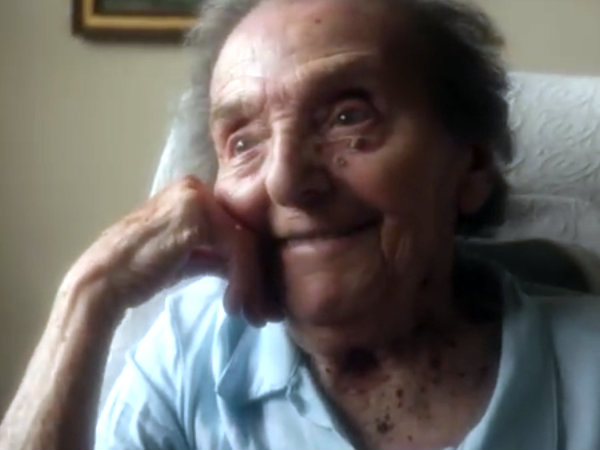
Alice Herz-Sommer was believed to be the oldest Holocaust survivor when she died at 110. Herz-Sommer recalled during her time in Theresienstadt, "Music was our food. Through making music we were kept alive."
Colorado said goodbye to several important musicians in 2014.
Prize-winning composer Richard Toensing, 74, was a respected choral conductor and longtime professor at the University of Colorado. He always asked his composition students to consider this: “Does it sing? Does every note in every line sing?”
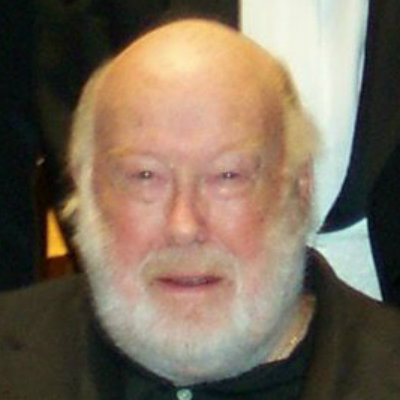
Conductor Brian Priestman, 87, led the Denver Symphony Orchestra from 1970 to 1979. He was at the helm when the orchestra opened Boettcher Concert Hall and raised the ensemble to a new level of excellence.
And finally, legendary Denver-based producer Henry Lowenstein, 89, was one of the most prominent figures in the Colorado performing arts scene. Lowenstein was a driving force in the creation of the Denver Center for the Performing Arts.
We bid a fond farewell to these musicians and a Colorado cultural icon who made such a difference in world of performance as we close the year 2014.
A late addition: Pianist Claude Frank, 89, died Dec. 28. He built a distinguished career on his interpretations of Beethoven, Mozart, Schubert and Brahms.
